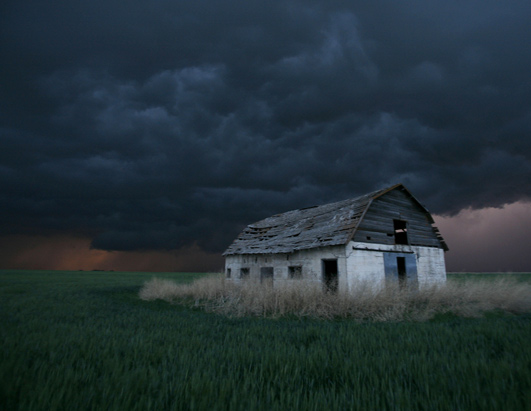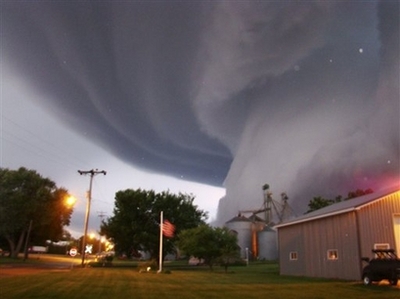Since we were already on the topic, Money ... Duh! Redux
If you take a minute to understand how our money is created, the perversity and corruption in our system will become clear. And, when I say system, I mean our monetary system to be sure, but also our entire system of government as it functions today. Oh, and not just our system, everybody's system, as you will see below.
Most of our money starts out in life as debt. When the Federal Government of the United States of America decides that it needs money that it otherwise does not have, it issues debt ….. bonds. Those bonds are sold at auction by the Treasury Department. Much if not most all of these bonds are purchased by a group of twenty or so large, mostly Wall Street banks designated by The Federal Reserve Bank as "Primary Dealers".
As always, click on the map above to see the source information. although because I don't know the collection date for the map, the source info from the CIA Factbook might be different.
It certainly won't be improved.
Interestingly, The Federal Reserve Bank or "The Fed" as it is commonly known is not an agency of the Federal Government of the United States of America as one would reasonably expect by virtue of it's name. It rather is a privately held institution, owned in large part by ..... wait for it ..... the "Primary Dealers. The Federal Reserve Bank adds or subtracts money from the economy by trading government bonds with the "Primary Dealers", mostly always at a profit to the "Primary Dealers".
Purchasing bonds from the "Primary Dealers" injects cash into the economy as the Federal Reserve simply makes a journal entry into it’s own computer system for it's own account, and in so doing it deposits a sum of money which did not exist one instant before and thus some number of billions of dollars of new money is born out of thin air. It only dies when the Fed subsequently sells those bonds back into the economy, thus drawing cash out of the economy, or when the government pays that money back by redeeming it's previously issued bonds. In other words, that money is for the most part immortal.
The Federal Government of the United States of America then pays the interest on this debt out of tax revenue.
Lately the Federal Reserve Bank has on occasion been buying the bonds back from the "Primary Dealers" the very next day following their original purchase by the "Primary Dealers" from the Treasury Department. This enables these preferred banks to buy the next batch of new bonds and then subsequently resell them to the Federal Reserve Bank at another profit whenever the Federal Government of the United States of America again decides that it needs to spend some money that it does not have. Usually, that would be tomorrow.
This practice is the nuts and bolts process commonly referred to as "Monetizing The Debt".
Here is where it gets real interesting ..... at least to me. Congress is empowered by the Constitution to “coin” money without ever having to fool around with The Fed, issuing bonds, debt or making interest payments. U.S. Constitution - Article 1 Section 8 begins as follows: The Congress shall have Power To ….. some stuff you should probably take the time to read ….. Clause 5, “Coin Money, regulate the Value thereof” ….. and then some other stuff you should probably also take the time to read.” Congress punted on that right with the passage of The Federal Reserve Act of 1913, which Act created The Federal Reserve Bank as a privately held institution.
Were the Federal Government of the United States of America or any other nation in the world for that matter, to simply make it's own entry into it’s own account at it's own bank, rather than the privately owned institution that it now banks with, there would be no debt, no sale of bonds and no need to pay any subsequent interest payments out of tax receipts.
There most certainly would be instances of inflation, which would most certainly be underreported by a legion of governmental economists kept on the payroll, in one way or another, for purposes of massaging numbers in an effort to obscure the true rate of inflation in a cynical effort to evade accountability to the American people. BUT ..... how is any of that different from what we have today?
The hidden benefit here is of course that there would be no insider profits to be had for the "Primary Dealers”. Which profits they are presently using for the purchase of among other things, legislation that suits their own special interests, largely to the detriment of the American people. That last part there is just my opinion.
Were we to simply cut out the middle man by chartering a bank that is wholly owned by the American people through the Federal Government of the United States of America and let it give birth to it's own money, a lot of our problems, most notably our debt, would become a whole lot more manageable.
Doesn't that strike you as an ever so much better approach? It certainly worked for Andrew Jackson.
- Read more about Since we were already on the topic, Money ... Duh! Redux
- Log in or register to post comments

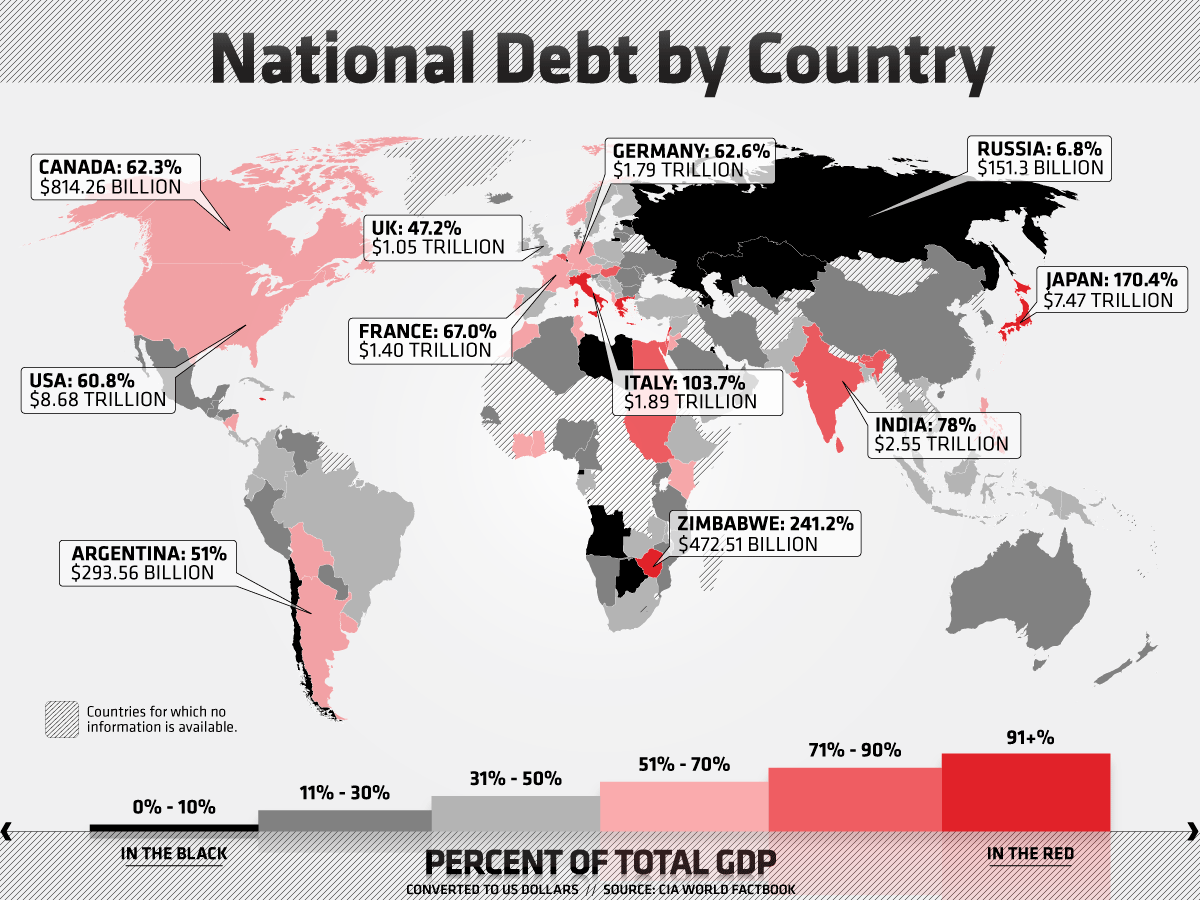



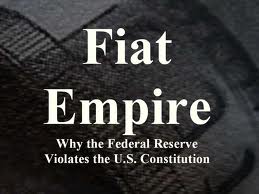 A month or so ago Zero Hedge
A month or so ago Zero Hedge
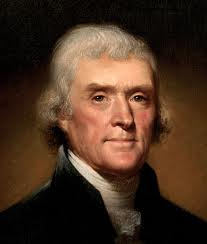 If the American people ever allow private banks to control the issue of their currency, first by inflation, then by deflation, the banks … will deprive the people of all property until their children wake-up homeless on the continent their fathers conquered … The issuing power should be taken from the banks and restored to the people, to whom it properly belongs. Thomas Jefferson
If the American people ever allow private banks to control the issue of their currency, first by inflation, then by deflation, the banks … will deprive the people of all property until their children wake-up homeless on the continent their fathers conquered … The issuing power should be taken from the banks and restored to the people, to whom it properly belongs. Thomas Jefferson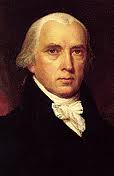
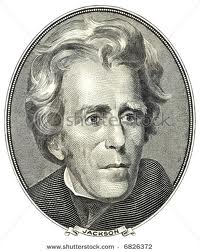
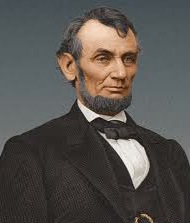
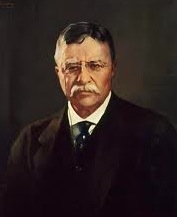
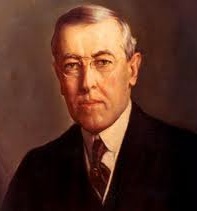
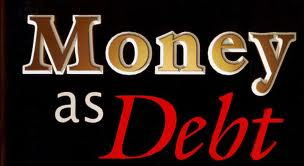 A couple of weeks ago Zero Hedge
A couple of weeks ago Zero Hedge



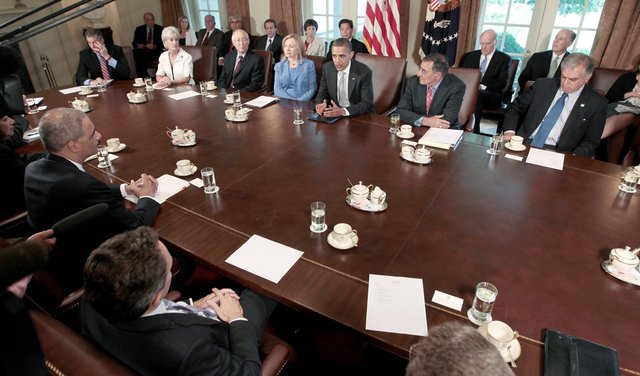


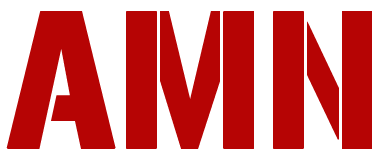













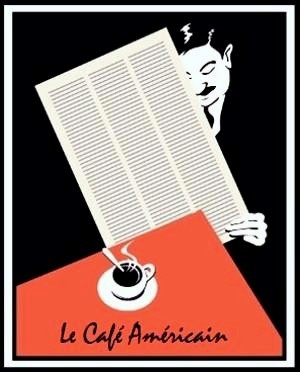


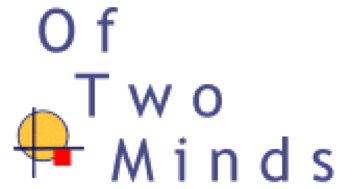

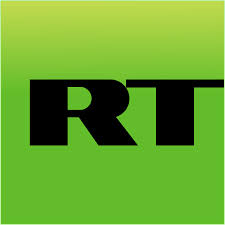
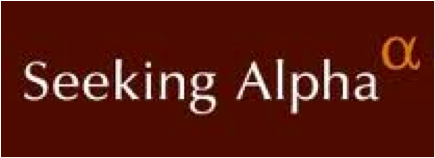


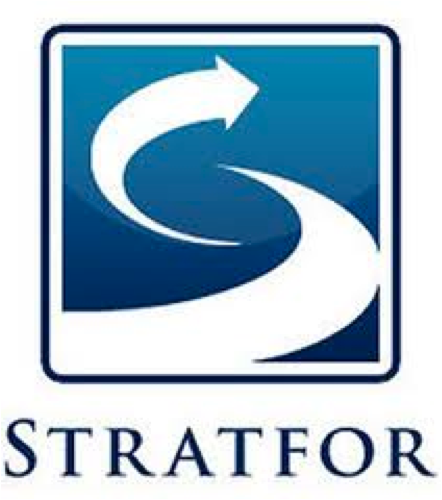




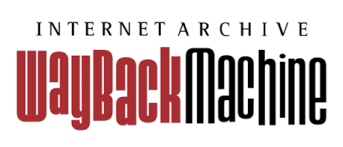


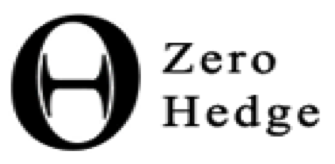

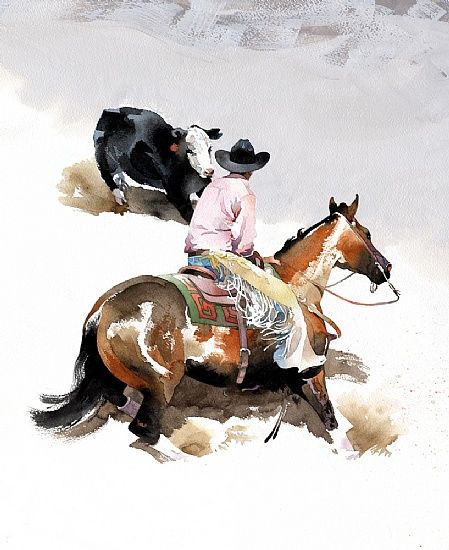
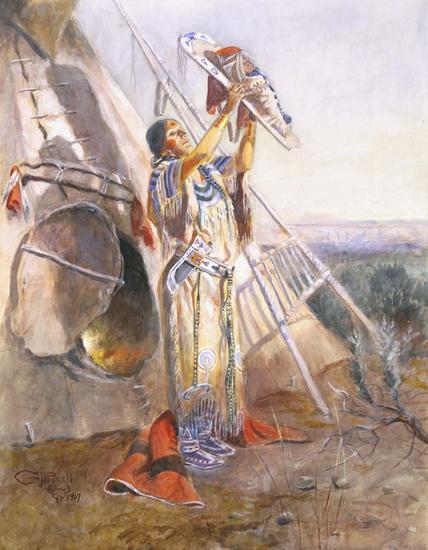
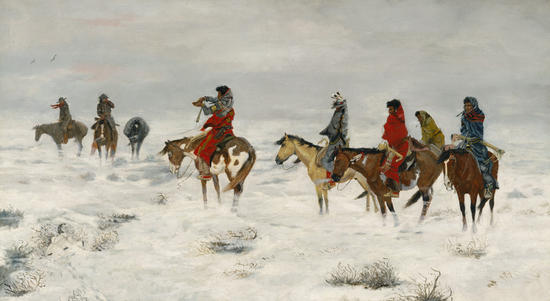
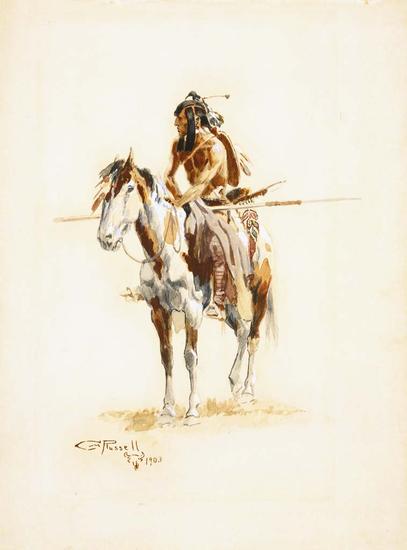
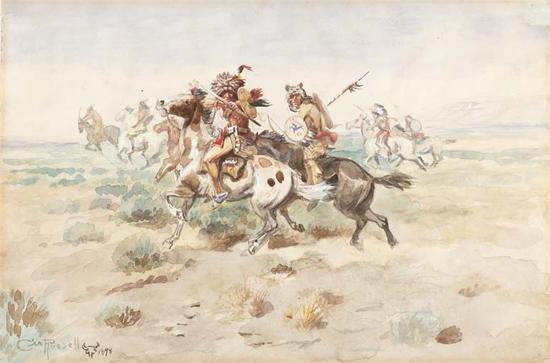
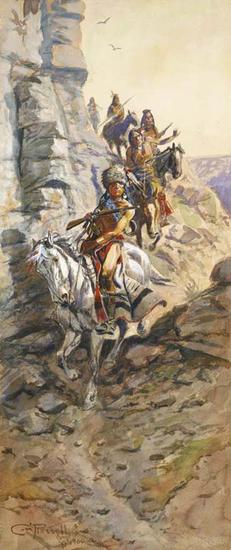
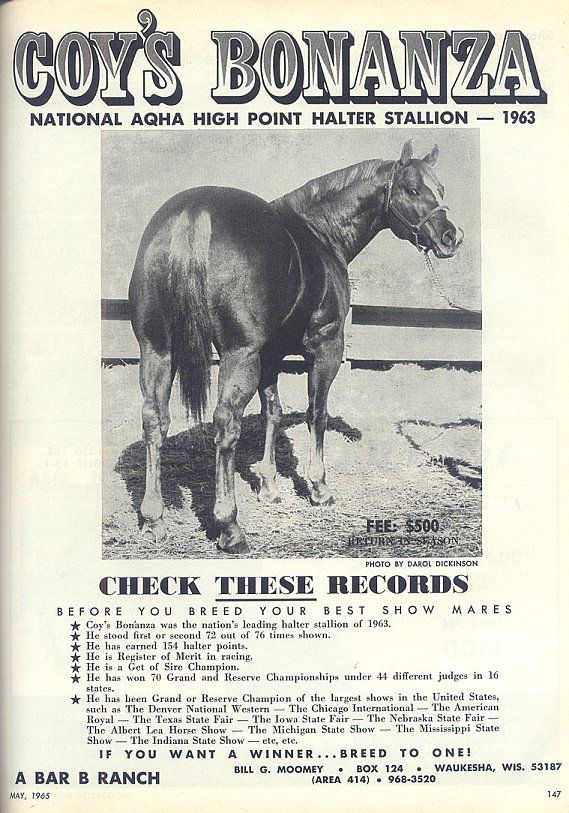
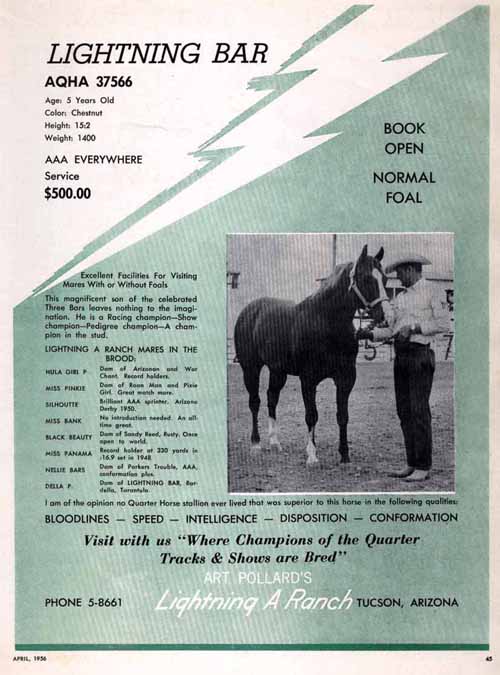

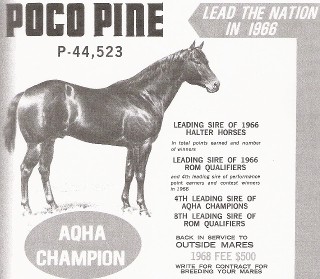
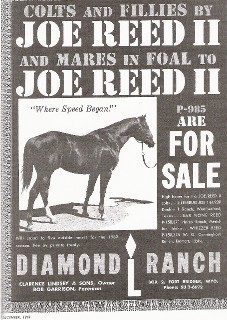
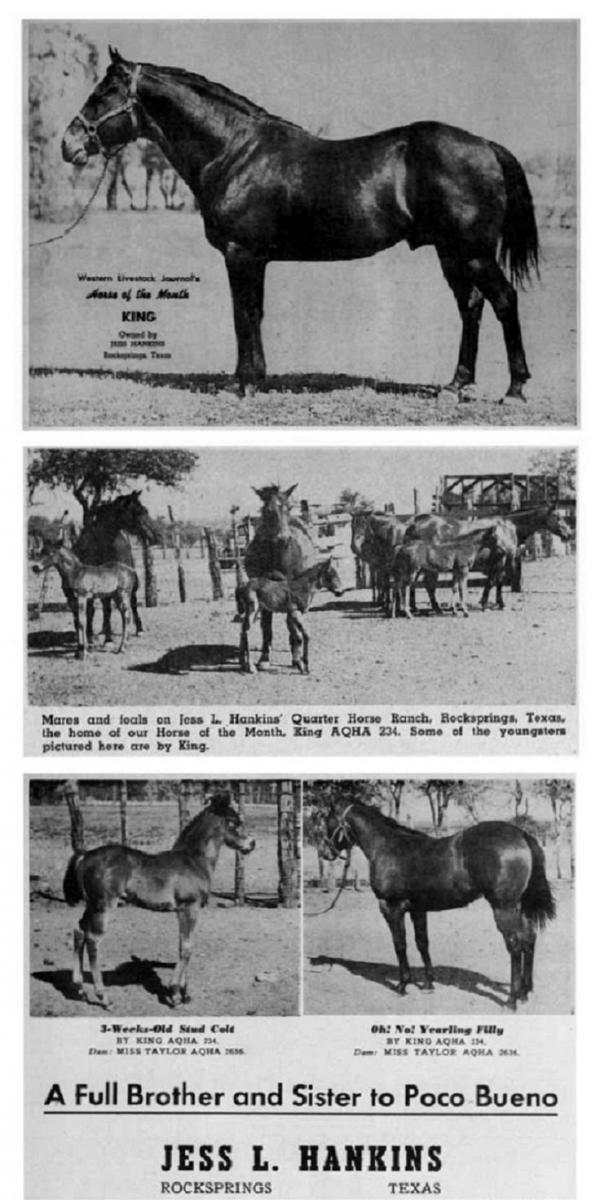
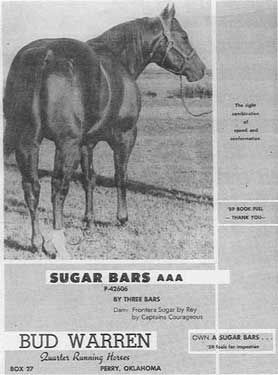
![[Most Recent Quotes from www.kitco.com]](http://www.kitconet.com/charts/metals/gold/t24_au_en_usoz_2.gif)
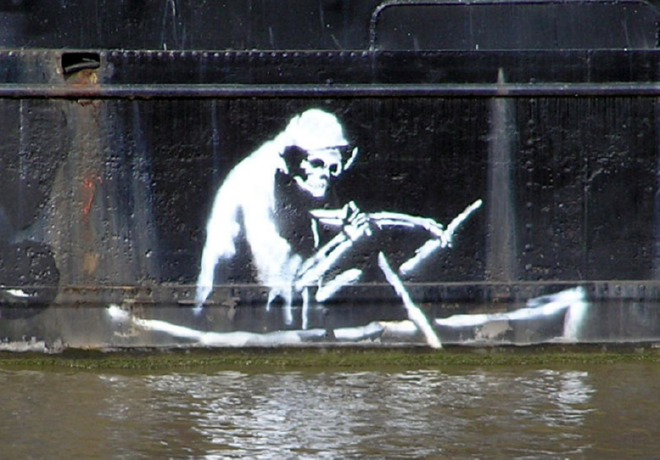
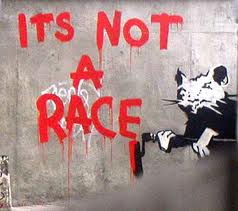
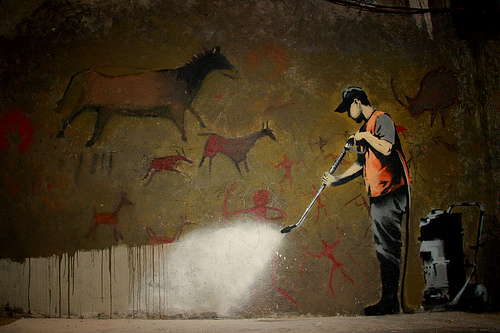
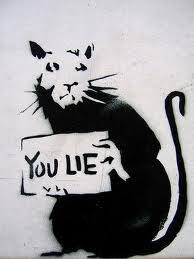
![[Most Recent Quotes from www.kitco.com]](http://www.kitconet.com/charts/metals/silver/t24_ag_en_usoz_2.gif)
